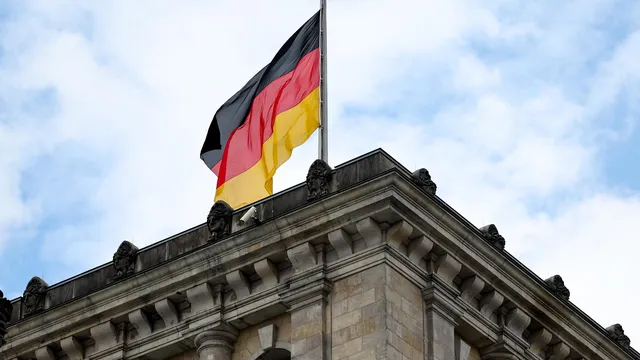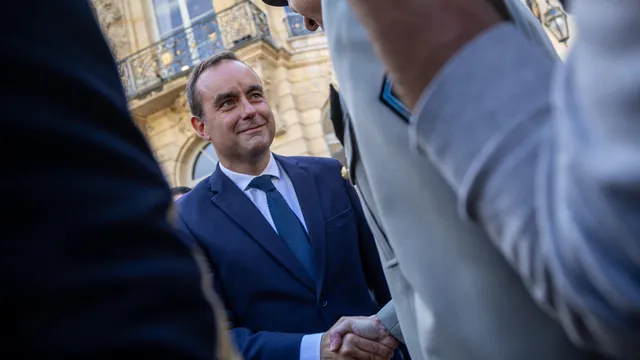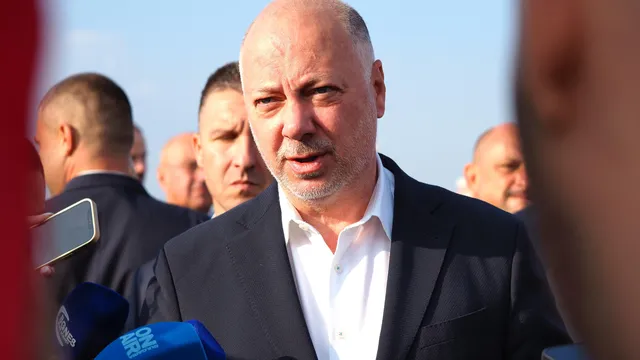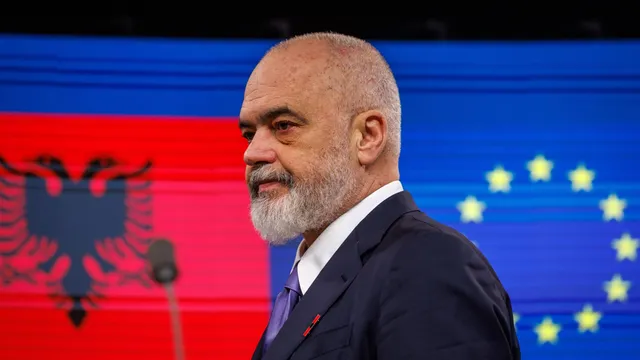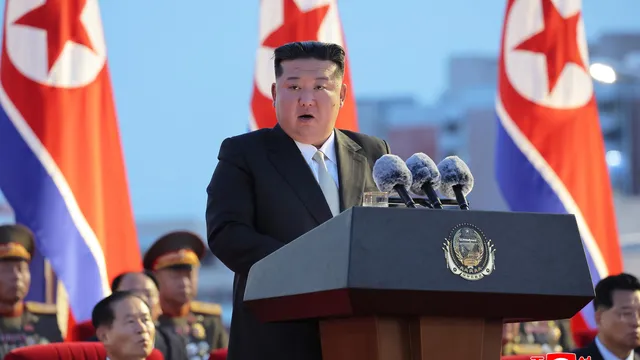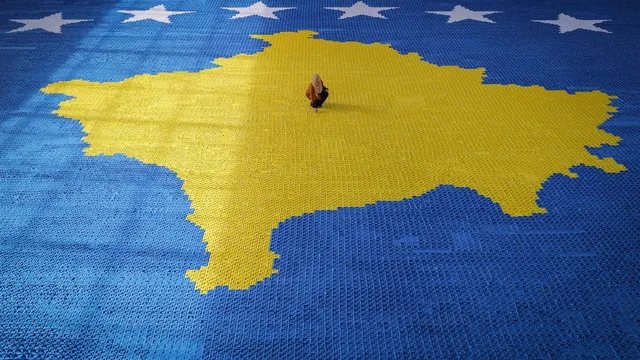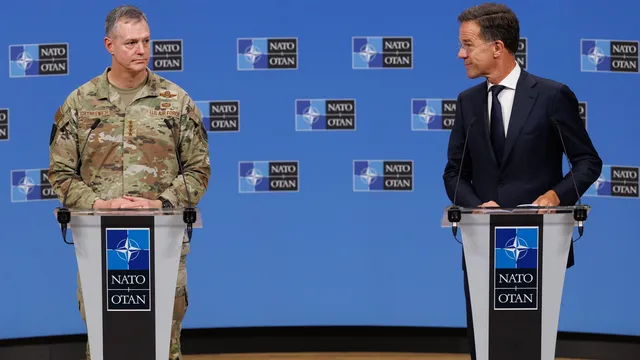The Christian Democratic Union-Christian Social Union alliance led by Friedrich Merz and the Social Democrats officially signed their coalition agreement on the eve of the election of the new government.
Merz, 69, will be officially elected as the new leader of Europe's largest economy on Tuesday, May 6, ending six months of political paralysis in Berlin.
The 144-page coalition agreement, entitled "Responsibility for Germany," outlines the political program for the next four years of the coalition between the country's two traditional parties.
Merkel's CDU/CSU alliance and its partners in the Social Democratic Party (SPD) have pledged to revive the flagging economy and rebuild the army at a time when US President Donald Trump is casting doubt on the future of transatlantic relations in the areas of security and trade.
Merz also promised to curb illegal migration and halt the rise of the far-right Alternative for Germany (AfD) party, which came second in February's snap parliamentary elections. AfD has been designated an extremist organization by German security services, a move that sparked a new row with the Trump administration and prompted AfD to file a lawsuit.
Merz, who boasts extensive business experience but no experience in government, promised "strong, well-planned and reliable leadership" during today's signing ceremony.
"We live in a time of profound change, of profound upheaval... and of great uncertainty, and that is why we know that it is our historic duty to lead this coalition to success," he said.
The future chancellor assured that the new government "is determined to move Germany forward with reforms and investments" and promised "a government whose voice will be heard in Europe and around the world."
Lars Klingbeil of the SPD, appointed vice-chancellor and finance minister, said that "the new government needs real teamwork more than ever." "We want to bring Germany back to where it belongs, namely forward," he added.
The outgoing coalition government of SPD Chancellor Olaf Scholz collapsed on November 6 last year, the day Trump was re-elected US president.
Since then, the SPD has agreed to be the junior partner in a centrist coalition with Merz's Christian Democrats (CDU) and their Bavarian allies, the CSU.
Scholz himself will not be part of the new cabinet but will remain in parliament as a member. | BGNES, AFP

 Breaking news
Breaking news
 Europe
Europe
 Bulgaria
Bulgaria
